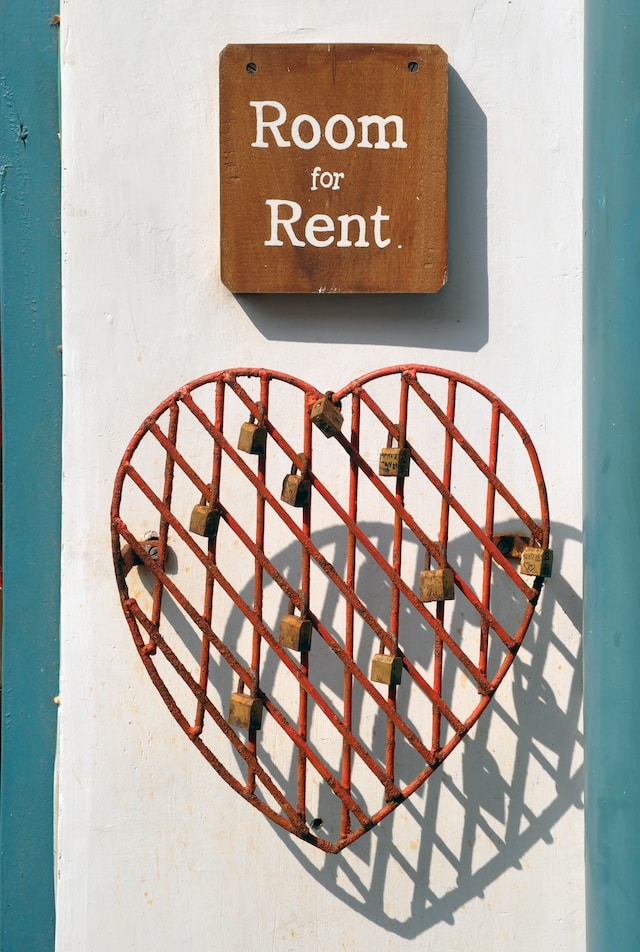Colored with scrolling
Try scrolling the rest of the page to see this option in action.
Try scrolling the rest of the page to see this option in action.

Canada, known for its vast landscapes and cosmopolitan cities, is also home to a complex real estate law that governs rental agreements between tenants and landlords. This guide will walk you through the essentials of renting in Canada, ensuring you are well-informed about your rights and responsibilities.
Navigating the rental landscape in Canada requires an in-depth comprehension of rental agreements. Commonly termed as leases, these contracts form the foundation of the relationship between a landlord and a tenant. Within this agreement, the landlord bestows upon the tenant the privilege to reside in the rental space. In reciprocation, the tenant pledges to pay a stipulated rent. Alongside the basic terms, these contracts might encompass additional conditions and guidelines. Once you affix your signature on such a contract, it symbolizes your consent to adhere to all its provisions.
A tangible, written rental agreement serves as a testament to the consensus between the tenant and the landlord. Such documentation becomes especially crucial when conflicts arise, as it offers clarity and can aid in dispute resolution.
Should there be a guarantor involved, landlords customarily draft a separate agreement delineating the scope and extent of the guarantor’s obligations.
Before formalizing a rental agreement, landlords frequently request a security deposit. Often equated with the last month’s rent, this deposit acts as a financial safety net for the landlord. As a general rule, the deposit amount remains capped at the value of a single month’s rent.
Certain provinces mandate an initial inspection prior to tenancy commencement. This pre-move-in assessment is instrumental in ensuring tenants aren’t wrongfully charged for pre-existing damages. Collaborating with the landlord during this inspection and meticulously documenting any discernible wear or damage can prove beneficial.
Upon the contract’s culmination, it’s imperative to restore the property to its original state. Landlords conventionally utilize the security deposit for settling the tenant’s final month’s dues. However, should there be any property damage, the deposit might be redirected towards rectification costs. Some provinces might have specific deviations from this general approach.
Circumstances might necessitate a tenant to relocate before the expiration of their lease. In such cases, subletting emerges as a viable solution. Subletting entails renting out your space to a third party for the remainder of your lease duration. This third party, or the subtenant, must remit the rent and comply with the original rental agreement’s stipulations. Crucially, landlord consent is paramount for subletting.
It’s worth noting that any misdemeanors, be it default in rent payment or inflicted damages by the subtenant, fall under the original tenant’s responsibility.
One of the more intricate facets of Canada’s real estate law revolves around boundary disputes. Such disagreements, often concerning shared amenities like driveways, gardens, or fences, can escalate if not addressed promptly. Knowledge of boundary disputes in real estate law is indispensable for tenants and property owners alike. Open communication with affected neighbors, combined with the guidance of legal professionals, often paves the way for a timely and harmonious settlement.
When it comes to renting in Canada, it’s not just about paying the monthly rent. Tenant repairs and maintenance play a pivotal role in the leasing experience. Although major repairs are usually the landlord’s responsibility, tenants often have the duty to maintain their living space and ensure it remains in good condition. This could mean minor fixes or addressing damages that might have been caused due to their actions or negligence. Being proactive in this aspect not only preserves the property but also fosters a harmonious landlord-tenant relationship.
In the vast landscape of tenant-landlord relationships in Canada, a notable aspect is the landlord entry and access rights. While tenants have the right to enjoy their rented space in peace, landlords, on the other hand, have certain rights to access the property. However, it’s not as straightforward as walking in. The tenant-landlord law is clear: landlords cannot arbitrarily enter a rented premise. A standard protocol requires landlords to provide a minimum of 24-hour notice before stepping into the property. This notice should clearly outline the reason for their visit, be it for routine inspections, necessary repairs, or introducing potential future tenants or buyers to the space. It’s essential for both parties to understand and respect these guidelines to maintain a harmonious and legally sound renting experience.
Joint tenancy is when multiple individuals share the rights to a property. All involved parties have equal ownership rights and responsibilities. This means any financial obligations, like rent or utility bills, are shared equally unless otherwise agreed upon.
Joint tenancy, a common arrangement in Canada’s real estate scenario, allows multiple tenants to share equal ownership of a property. This means that each tenant has an undivided right to the whole property, and upon one tenant’s demise, their share is passed on to the surviving tenant(s). It offers several benefits, including shared financial responsibility and the potential for stronger tenant rights. For those considering a long-term rental with someone else, understanding the nuances of joint tenancy can make for a smoother, more beneficial renting experience.
Renting in Canada can be a seamless experience when equipped with the right knowledge. This guide has aimed to provide a comprehensive overview of the rights and protections available to tenants. Always remember that provincial and territorial laws might have specific stipulations, so staying informed is key.
Back to blogs